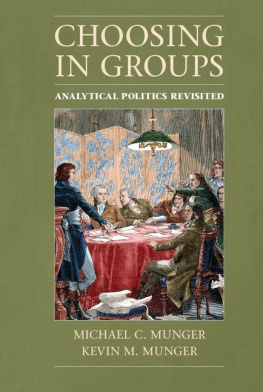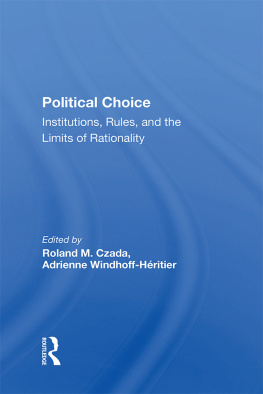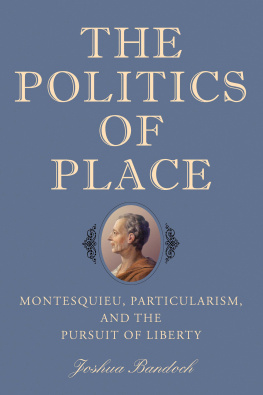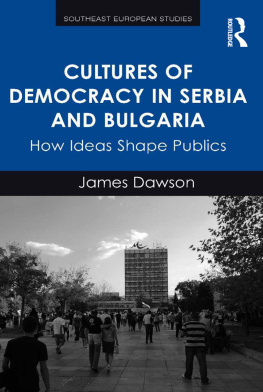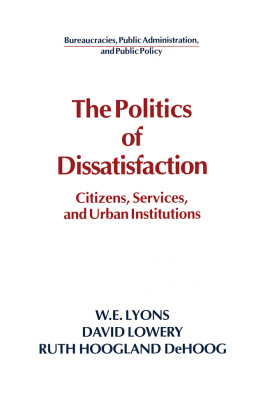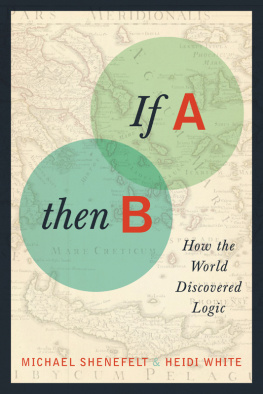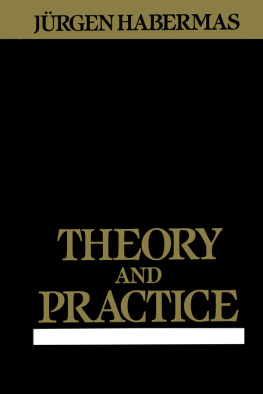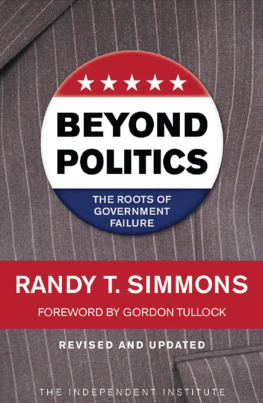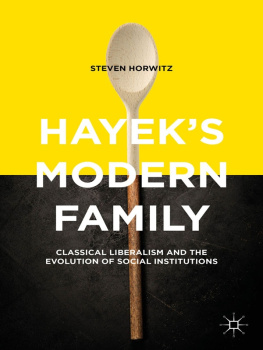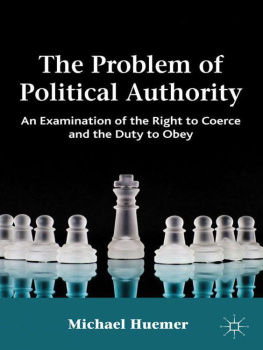Choosing in Groups
This book is an introduction to the logic and analytics of group choice. To understand how political institutions work, it is important to isolate what citizens as individuals and as members of society actually want. This book develops a means of representing the preferences of citizens so that institutions can be studied more carefully. This is the first book to integrate the classical problem of constitutions with modern spatial theory, connecting Aristotle and Montesquieu with Kenneth Arrow and James Buchanan.
MICHAEL C. MUNGER is a professor of political science and economics and the director of the Philosophy, Politics, and Economics (PPE) program at Duke University. He formerly served as a staff economist at the U.S. Federal Trade Commission. He has published four books and has contributed to the American Journal of Political Science , the American Political Science Review , the Journal of Law and Economics , and the Journal of Politics . He was North American editor of Public Choice from 2006 to 2010 and is a past president of the Public Choice Society. He currently coedits The Independent Review . Munger has won three teaching awards at Duke, and he gave the 2012 Toby Davis Lecture at George Mason University.
KEVIN M. MUNGER is a PhD student in New York Universitys Department of Politics, focusing on comparative political economy. Munger spent a year as an investigator at La Universidad del Desarrollo (UDD) in Santiago, Chile. He holds a degree in mathematics and economics from the University of North Carolina at Chapel Hill.
Choosing in Groups
Analytical Politics Revisited
Michael C. Munger
Department of Political Science, Duke University
with
Kevin M. Munger
Department of Politics, New York University
32 Avenue of the Americas, New York, NY 10013-2473, USA
Cambridge University Press is part of the University of Cambridge.
It furthers the Universitys mission by disseminating knowledge in the pursuit of education, learning, and research at the highest international levels of excellence.
www.cambridge.org
Information on this title: www.cambridge.org/9781107699625
Michael C. Munger and Kevin M. Munger 2015
This publication is in copyright. Subject to statutory exception and to the provisions of relevant collective licensing agreements, no reproduction of any part may take place without the written permission of Cambridge University Press.
First published 2015
Printed in the United States of America
A catalog record for this publication is available from the British Library.
Library of Congress Cataloging in Publication Data
Munger, Michael C.
Choosing in groups : analytical politics revisited / Michael C. Munger, Department of Political
Science, Duke University, with Kevin M. Munger, Department of Political Science, New York
University
pages cm
ISBN 978-1-107-07003-5 (Hardback) ISBN 978-1-107-69962-5 (Paperback)
1. Social choice. 2. Group identity. 3. Voting. 4. Political participation.
I. Munger, Kevin M. II. Title.
HB846.8.M855 2014
302.13dc23 2014021005
ISBN 978-1-107-07003-5 Hardback
ISBN 978-1-107-69962-5 Paperback
Cambridge University Press has no responsibility for the persistence or accuracy of URLs for external or third-party Internet Web sites referred to in this publication and does not guarantee that any content on such Web sites is, or will remain, accurate or appropriate.
To Melvin J. Hinich (19392010)
You knew all the smalls, but you were drawn to the big.
Partner, mentor, and friend.
I remember standing at the polls one day, when the anger of the political contest gave a certain grimness to the faces of the independent electors, and a good man at my side looking on the people, remarked, I am satisfied that the largest part of these men, on either side, mean to vote right. I suppose, considerate observers looking at the masses of men, in their blameless and in their equivocal actions, will assent, that in spite of selfishness and frivolity, the general purpose in the great number of persons is fidelity. The reason why any one refuses his assent to your opinion, or his aid to your benevolent design, is in you: he refuses to accept you as a bringer of truth, because, though you think you have it, he feels that you have it not. You have not given him the authentic sign.
Ralph Waldo Emerson, New England Reformers, 1844
Contents
Figures
Tables
Preface
In 1997, Melvin Hinich and I coauthored a book, also published by Cambridge University Press, called Analytical Politics . It subsequently was translated into Chinese, Japanese, Korean, and Spanish. The book used spatial theory to bridge the gap between philosophical and mathematical treatments of politics.
We started to think about a second edition in the late 2000s. I had been a department chair at Duke University for ten years, and I wanted to get back to academic work. After Mel and I had a series of phone conversations, we planned to revise the first edition along the lines that Jeffrey Banks had suggested in an insightful review in the Journal of Economic Literature .
On Sunday, September 5, 2010, we talked on the phone. Mel was excited about the example we were planning to use to introduce the new book: the problem of group choice Meriwether Lewis and William Clark faced during their 1805 Corps of Discovery expedition. We hung up pledging to talk again later in the week.
But that never happened. On the morning of Monday, September 6, Melvin fell down the stairs in his home in Austin, Texas. He did not survive the fall.
After that, I put the book aside for more than a year. Mel had participated, over more than three decades, in the creation of many of the spatial models discussed in the 1997 book, and his sense of scientific advances in modeling was invaluable. I couldnt do it without him.
That is why I resolved to write a quite different book, one that in some ways would be less than I could have achieved with Mel, but that at least started from the preliminary plans we had made. I enlisted a new collaborator, my older son Kevin Munger of New York University, to update and expand the topics covered. He also is responsible for , and he did most of the work on the problems at the end of the chapters.
I hope Melvin would have been proud of the result. Though he was not able to participate in the writing of the final version, his intellectual fingerprints are are adaptations of similar material in the 1997 book, though they are substantially reorganized and updated.
The book is new, however, because the motivation and organization are completely different. In large measure, this is because I tried to respond to Jeff Bankss suggestions. The problem of choosing in groups starts several steps earlier in terms of conceptual framework, considering the problem of why voluntary associations exist and how they are constituted. Given the debt owed, it is a shame that Jeff Banks, like Mel, is no longer with us to see the result.
I offer thanks to the many who have made comments and suggestions. The problem with listing people is that we are sure to forget some, and that omission is unintentional. But I want especially to thank John Aldrich, Jonny Anomaly, Geoffrey Brennan, Scott de Marchi, Ricardo Guzman, and Georg Vanberg for their suggestions and criticisms. My teaching assistants, Darren Beattie, Cindy Cheng, Matthew Cole, Clyde Ray, and Guadalupe Rojo, made it possible for me to get some work done while teaching three classes in fall 2013.

